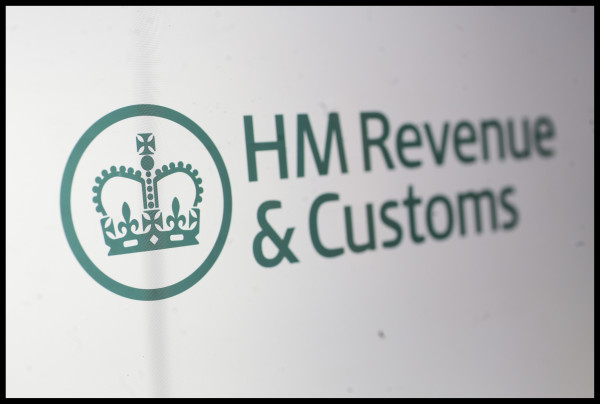

The taxman has hit back at criticism of its loan charge policy, saying the tax was not being applied retrospectively, as critics have claimed.
The loan charge relates to payments being sought by HMRC from individuals who took part in "disguised remuneration" schemes where they were paid via loans, which are not taxed, rather than income, which would have been taxed.
In the finance bill currently working its way through parliament the government declared these schemes to be illegitimate for tax purposes, leading to HMRC seeking tax on income dating as far back as 1999.
But critics of HMRC’s approach have argued the law was being applied retrospectively, which was unfair.
In a document released by HMRC this morning, the taxman hit back, saying a written ministerial statement in 2004 and legislation in 2011 had made it clear the schemes were not legitimate.
HMRC stated: "The government is clear that the legislation is not retrospective. It applies a tax charge to outstanding [disguised remuneration] loan balances at 5 April 2019.
"It does not change the tax position of any previous year, the tax treatment of any historic transaction, or the outcome of any open compliance checks.
"By the time of its introduction on 5 April 2019, individuals will have had three years since the Budget 2016 announcement to act to stop it applying, either by settling their liability with HMRC or repaying their loans. HMRC has encouraged settlement by contacting those affected."
It added: "This charge is targeted at a particularly artificial and hard to tackle form of tax abuse that has been going on in many forms for many years.
"Despite the variety of actions to challenge and prevent [disguised remuneration] scheme usage over the course of the preceding decades, including litigation and legislation as described in this document, HMRC continues to see evidence of their use in 2019.
"These include specific schemes being marketed from offshore locations such as Cyprus, Malta, and the Isle of Man that claim to provide for the avoidance of the loan charge.
"These schemes continue to be highlighted in HMRC’s Spotlight series. HMRC’s strong view is that these schemes do not work, and HMRC will continue to clamp down on the promoters of these schemes wherever possible."
HMRC stated it expects to raise £3.2bn from the loan charge, with two thirds of this coming from employers who facilitated the scheme.
Nicky Morgan, who chairs the Treasury select committee said applying a law introduced in this year’s finance bill to tax matters from years ago removed the principle of certainty, namely that a taxpayer is entitled to know what the law is and how it applies to them, when they file their tax return.
MPs Stephen Lloyd and Sir Ed Davey had tabled parliamentary motions along similar lines.
Sir Ed said: "Many people declared these loans and had the tax file closed for a particular year. It is a rule of law that it shouldn’t be applied retrospectively. I think the law should apply from when the Finance Bill passes through parliament, but not before."
All three MPs have said that many of the people affected are public sector workers rather than wealthy individuals.
But according to HMRC 97 per cent of the individuals impacted worked as IT or management consultants, with less than 3 per cent being teachers or medical professionals.
In this morning's update HMRC wrote: "HMRC understands that customers who face large tax bills, or checks into their tax affairs, may find this stressful to deal with and need extra support.
"HMRC will treat individual cases sympathetically and appropriately, and will not require people to sell their main home to pay their disguised remuneration tax bills.
"To support loan charge users, HMRC set up a dedicated helpline, complemented by a team to provide extra support to those identified as vulnerable. It has redeployed staff to support scheme users and announced simplified payment arrangements."
david.thorpe@ft.com



